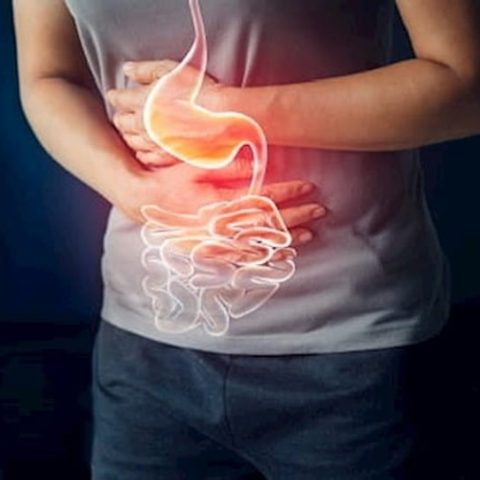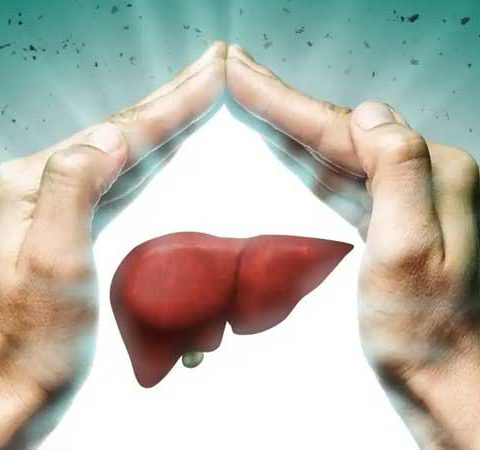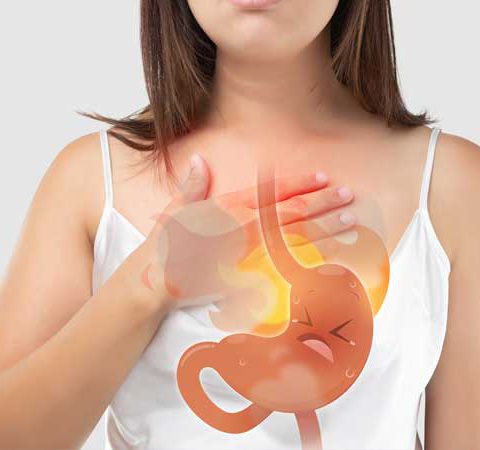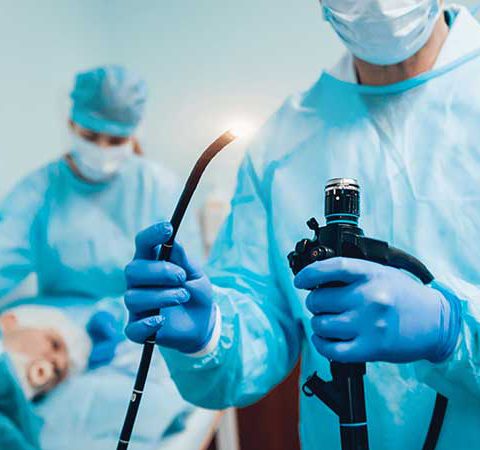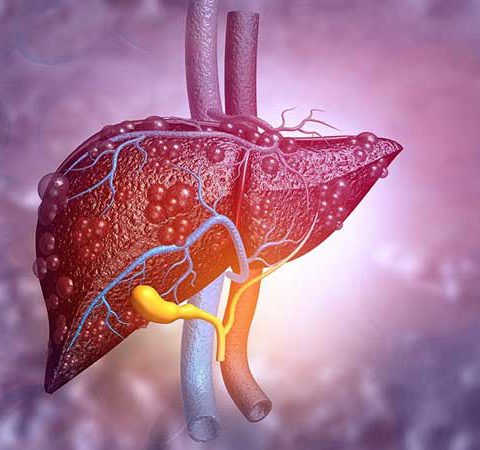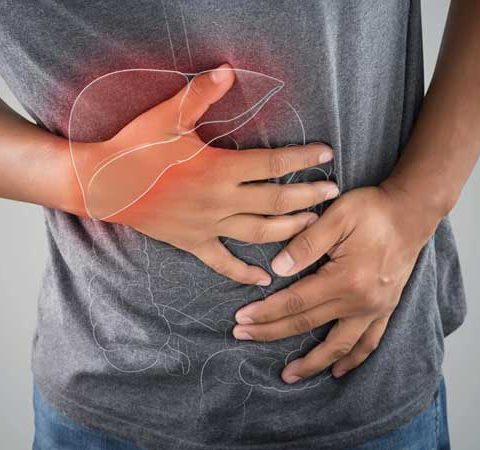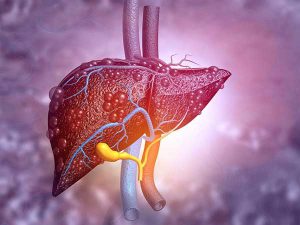 Hepatitis is a term used to describe inflammation of the liver, a vital organ responsible for processing nutrients, filtering blood, and detoxifying harmful substances. This condition can be caused by viruses, alcohol consumption, certain medications, or autoimmune disorders. Hepatitis can range from mild to severe, and understanding its causes, symptoms, and options for hepatitis treatment in Rohini, Delhi is crucial for maintaining liver health.
Hepatitis is a term used to describe inflammation of the liver, a vital organ responsible for processing nutrients, filtering blood, and detoxifying harmful substances. This condition can be caused by viruses, alcohol consumption, certain medications, or autoimmune disorders. Hepatitis can range from mild to severe, and understanding its causes, symptoms, and options for hepatitis treatment in Rohini, Delhi is crucial for maintaining liver health.
Types of Hepatitis:
Hepatitis A (HAV):
- Cause: Consuming contaminated food or water.
- Symptoms: Fever, fatigue, nausea, and jaundice.
- Prevention: Vaccination, practicing good hygiene.
Hepatitis B (HBV):
- Cause: Contact with infected blood or body fluids.
- Symptoms: Abdominal pain, joint pain, dark urine, and jaundice.
- Prevention: Vaccination, safe sex practices, avoiding sharing needles.
Hepatitis C (HCV):
- Cause: Contact with infected blood, often through sharing needles.
- Symptoms: Fatigue, joint pain, abdominal discomfort.
- Prevention: Avoiding sharing needles, using sterile equipment.
Hepatitis D (HDV):
- Cause: Only occurs in individuals already infected with HBV.
- Symptoms: Can range from mild to severe.
- Prevention: HBV vaccination.
Hepatitis E (HEV):
- Cause: Consuming contaminated water.
- Symptoms: Similar to HAV.
- Prevention: Safe drinking water, practicing good hygiene.
Treatments
The hepatitis treatment in Rohini, Delhi depends on the type of hepatitis you have (such as hepatitis A, B, C, D, or E) and the stage of the disease. I’ll provide a general overview of the treatment options for hepatitis:
Hepatitis A:
- There is no specific treatment for hepatitis A.
- Supportive care includes rest, adequate nutrition, and fluids.
Hepatitis B:
- Acute cases may not require treatment, but chronic cases may be managed with antiviral medications like entecavir or tenofovir.
- Interferon injections may be considered in some cases.
- Regular monitoring is essential to assess liver function and viral load.
Hepatitis C:
- Antiviral medications such as direct-acting antivirals (DAAs) are the primary hepatitis C treatment in Rohini, Delhi.
- The choice of medication and duration of treatment depend on the specific hepatitis C genotype and the extent of liver damage.
- Regular monitoring of viral load during and after treatment is important.
Hepatitis D:
- There is no specific antiviral treatment for hepatitis D, but some medications may be used to manage symptoms.
- Hepatitis B treatment in Delhi may be beneficial in managing hepatitis D.
Hepatitis E:
- Hepatitis E is usually a self-limiting disease, and supportive care is the mainstay of treatment.
- Severe cases may require hospitalization and supportive measures.
It’s crucial to consult with a gastroenterologist in Rohini for personalized advice and hepatitis treatment in Delhi. Early detection and intervention are essential, especially for chronic hepatitis, to prevent complications such as cirrhosis and liver cancer. Vaccination is also available for hepatitis A and B, providing preventive measures for these types of hepatitis.
Common FAQs about Hepatitis:
Q: Is hepatitis contagious?
A: Yes, some forms of hepatitis, such as HAV, HBV, and HCV, can be transmitted through contact with infected blood or body fluids.
Q: Can I get hepatitis from food or water?
A: Yes, HAV and HEV are primarily transmitted through contaminated food and water.
Q: How is hepatitis diagnosed?
A: Blood tests are commonly used to detect the presence of hepatitis viruses and assess liver function.
Q: What are the symptoms of hepatitis?
A: Symptoms can include fatigue, abdominal pain, nausea, vomiting, joint pain, and jaundice.
Q: Is there a cure for hepatitis?
A: The treatment varies depending on the type of hepatitis. Antiviral medications, supportive care, and in some cases, liver transplantation may be recommended.
Q: Can hepatitis be prevented?
A: Yes, vaccination is available for HAV and HBV. Additionally, practicing safe hygiene, using sterile needles, and avoiding risky behaviors can reduce the risk of hepatitis.
Q: Can I drink alcohol if I have hepatitis?
A: It is generally advisable to avoid alcohol, as it can worsen liver damage.
Q: Is there a vaccine for all types of hepatitis?
A: There are vaccines for HAV and HBV. However, there is no specific vaccine for HCV, HDV, or HEV.
Conclusion:
Hepatitis is a serious health condition that can have varying levels of severity. Understanding the different types of hepatitis, their causes, and prevention measures is crucial for maintaining liver health.
Vaccination, practicing good hygiene, and avoiding risky behaviors are essential steps in preventing hepatitis infections. If you suspect you have hepatitis or are at risk, it is important to consult with a gastroenterologist in Delhi for proper diagnosis and guidance on options for hepatitis treatment in Rohini, Delhi.


